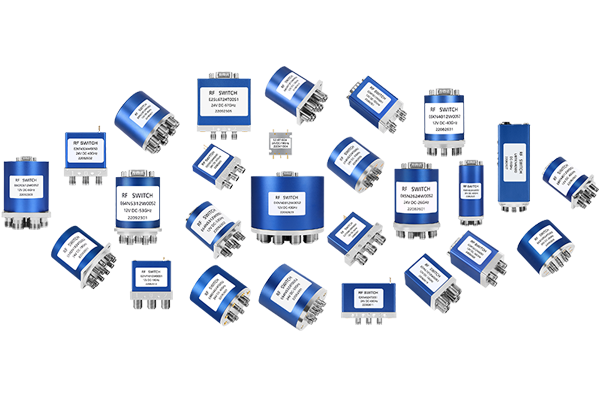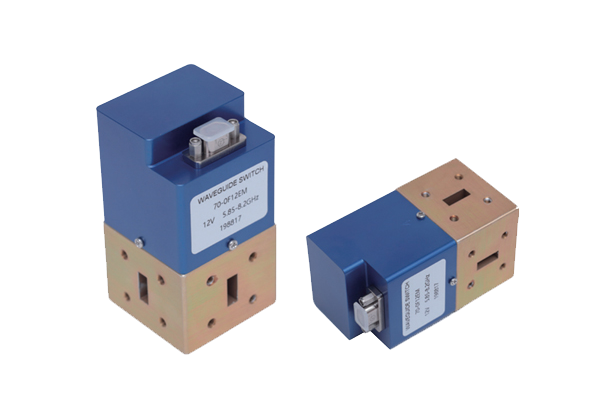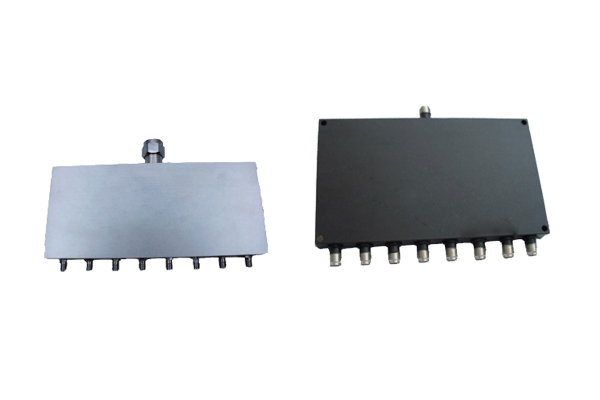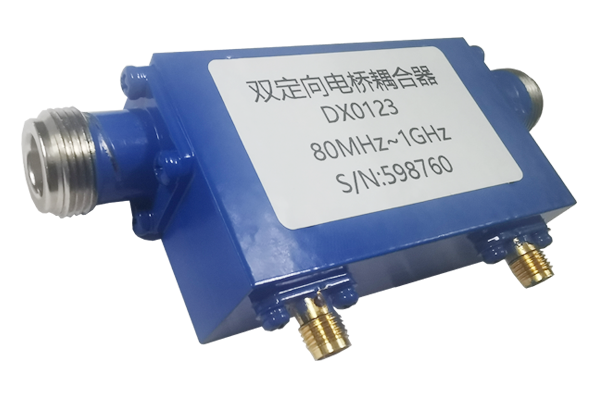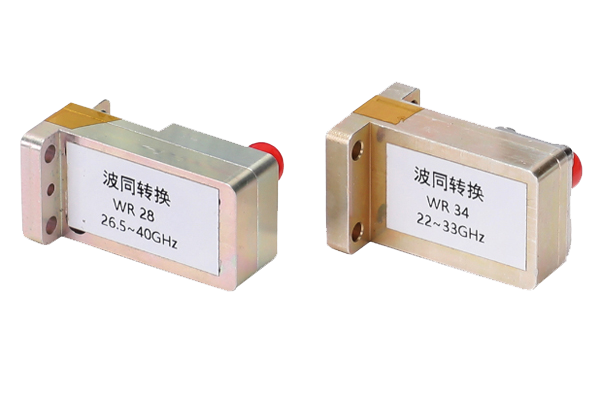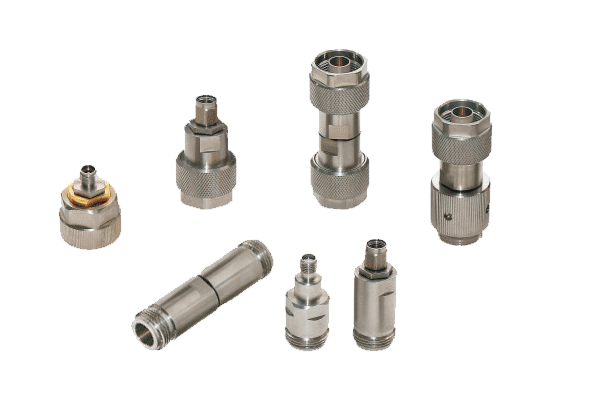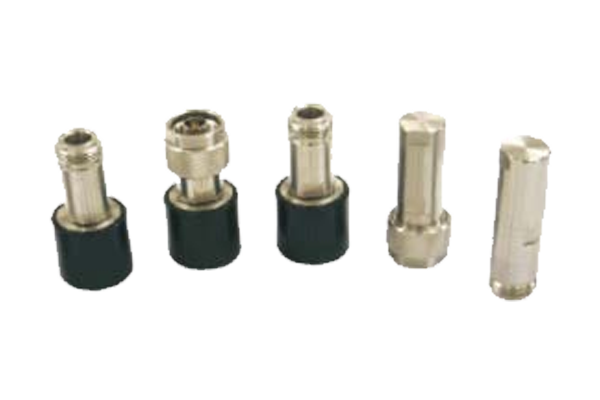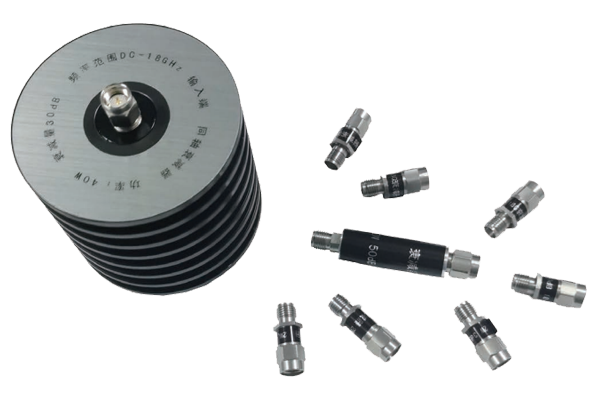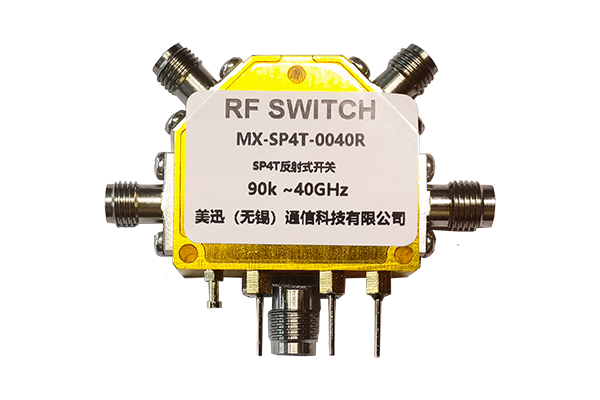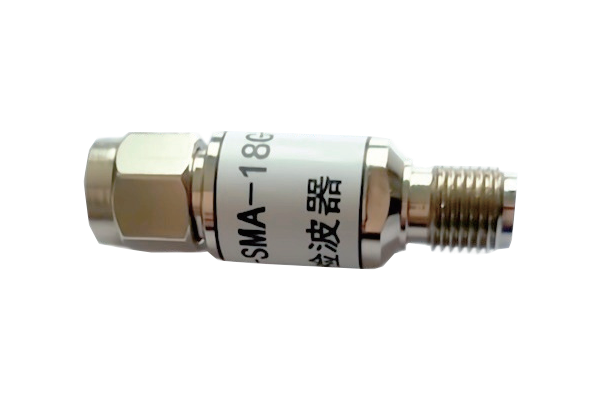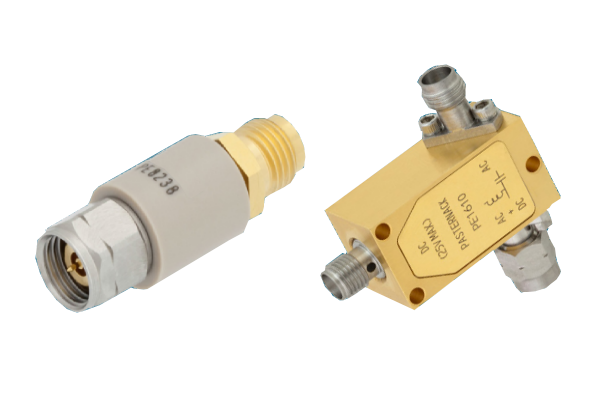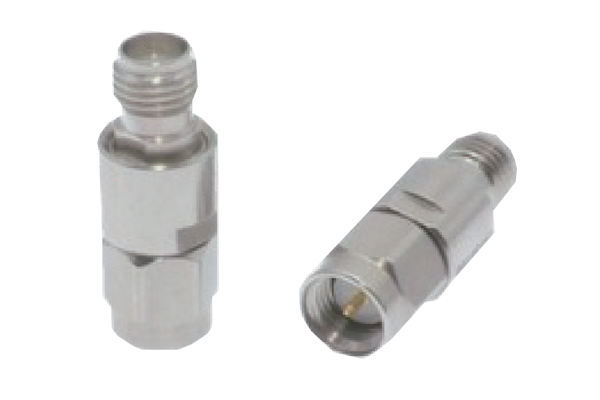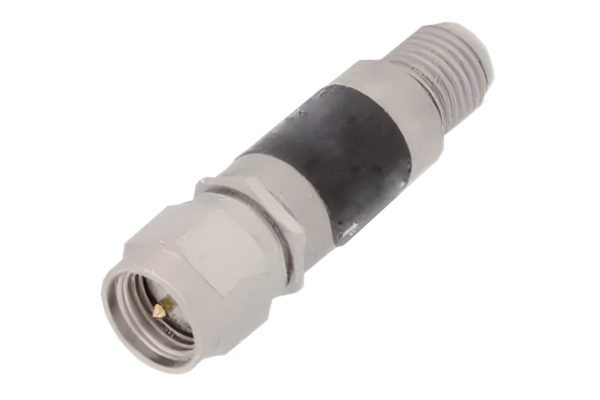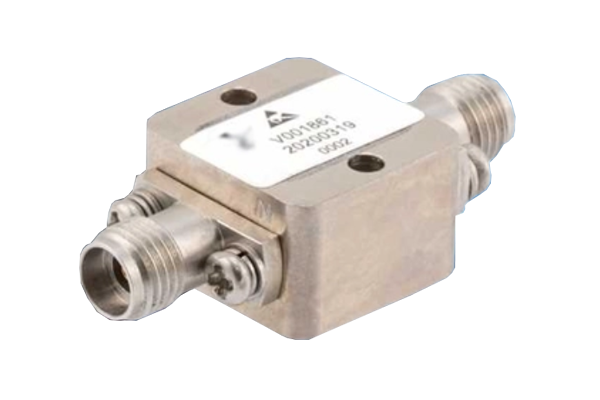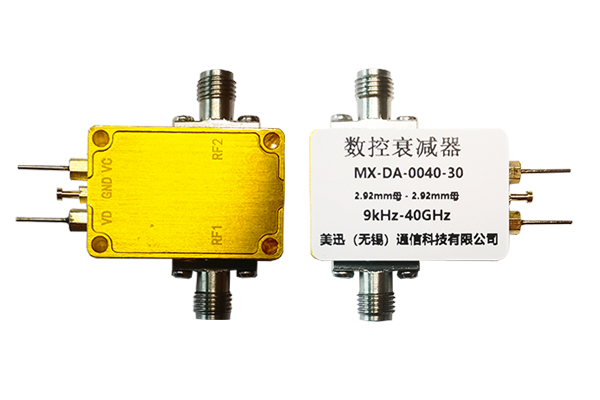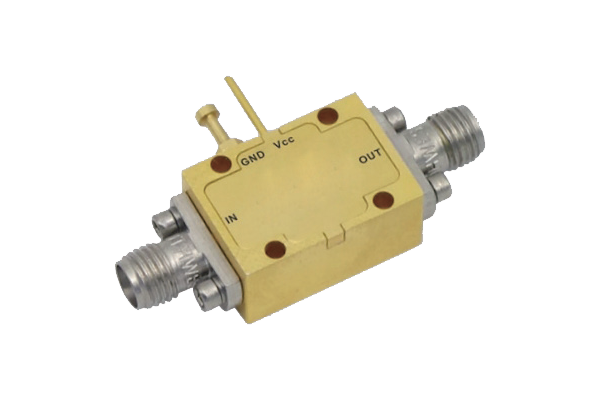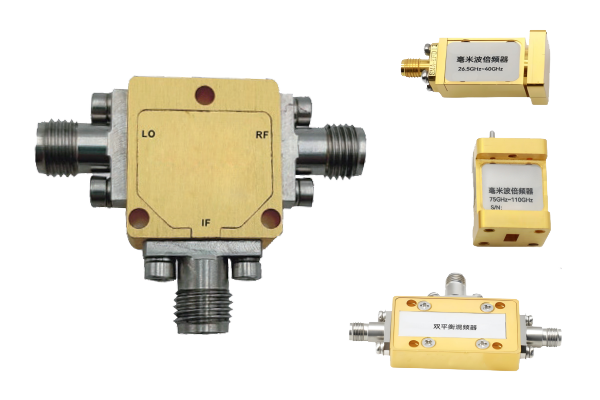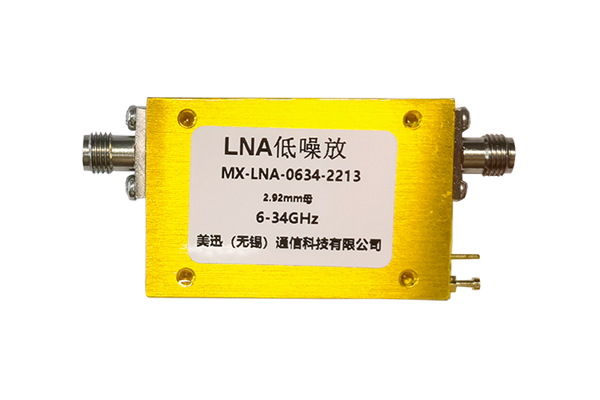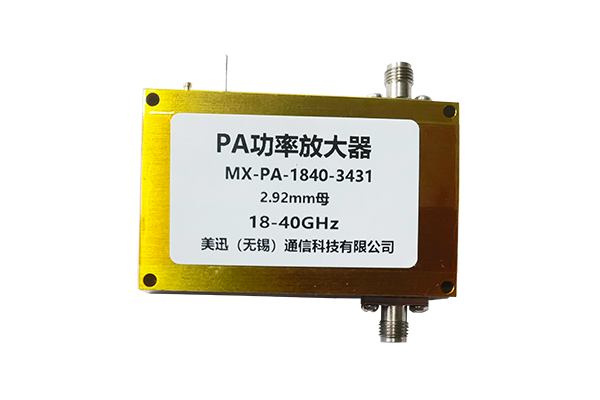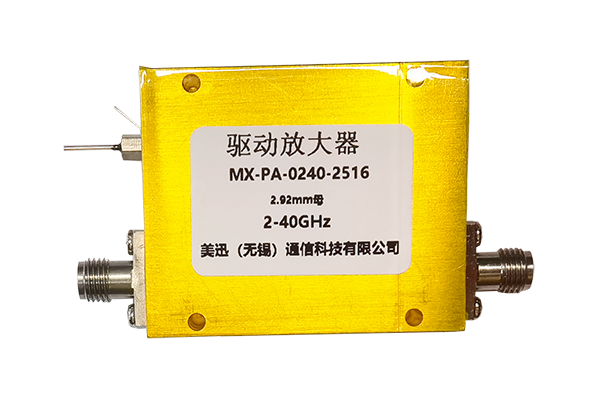Is the noise suppression effect of RF Low Noise Amplifiers good
The noise suppression effect of RF Low Noise Amplifiers is decidedly excellent, as their core design and operational principles are specifically engineered to minimize unwanted noise while amplifying weak radio frequency signals.
Low-Noise Active Components
- High-performance RF transistors made from gallium arsenide or silicon germanium
- Optimized to operate with minimal inherent thermal or shot noise
- Carefully tailored biasing circuits stabilize operating points
- Unlike general-purpose amplifiers, RF Low Noise Amplifiers prioritize noise control over gain
Advanced Circuit Design Techniques
- Precision-engineered impedance matching networks minimize signal reflections
- Differential amplifier architectures cancel common-mode noise
- Shielding and isolation measures prevent external noise infiltration
- Grounded enclosures and decoupling capacitors ensure only desired RF signals are amplified
Noise Cancellation & Linearization Technologies
- Feedback loops dynamically adjust gain and impedance to suppress noise spikes
- Linearization techniques reduce harmonic distortion
- Ensures amplification of target signals while attenuating internal and external noise
- Maintains high signal-to-noise ratio in RF Low Noise Amplifiers
Satellite Communication
Amplify weak signals from orbiting satellites while suppressing atmospheric and terrestrial noise
5G & IoT Systems
Enable reliable signal reception in crowded frequency bands, cutting through adjacent channel interference
Radar & Navigation
Detect faint echoes amid background noise with precision and clarity
Overall, the combination of low-noise components, precision circuit design, and advanced noise cancellation technologies ensures that RF Low Noise Amplifiers excel at suppressing unwanted noise. Their ability to preserve signal integrity while minimizing noise makes them critical in high-performance RF systems.



